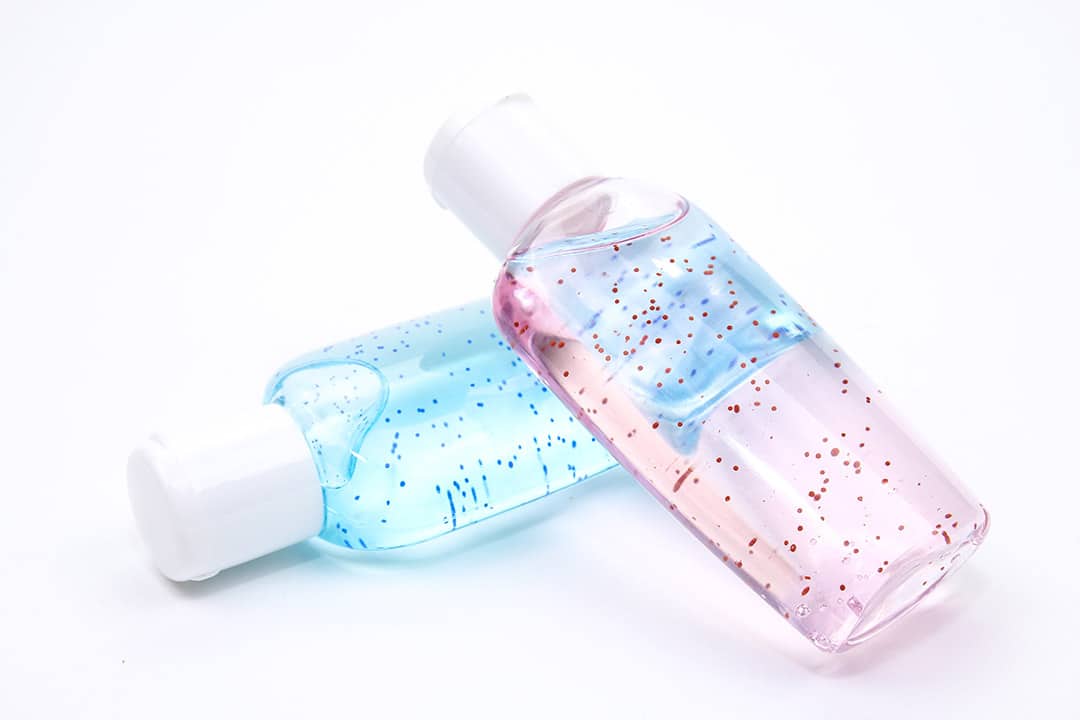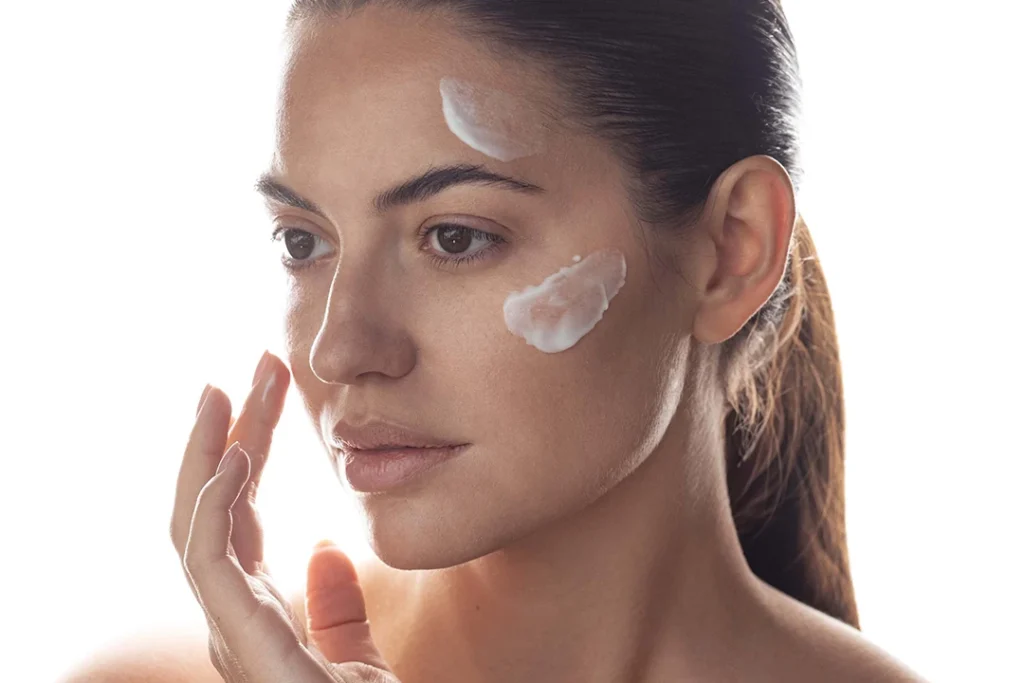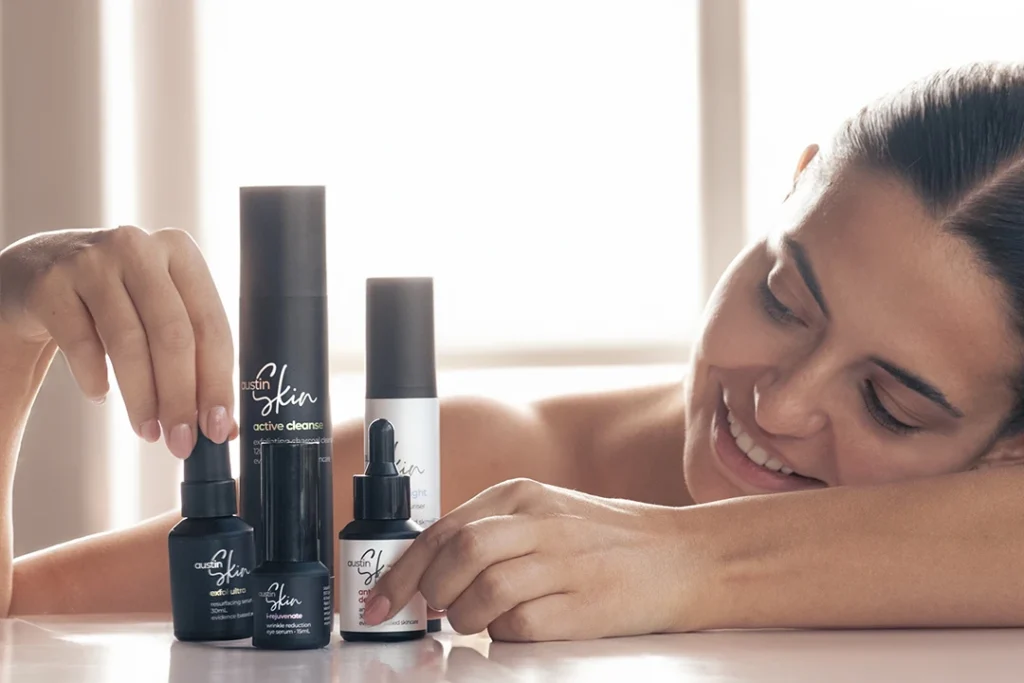Which Skincare Products Contain Microbeads?
Microbeads are found in all types of skincare and beauty products.
- Facial scrubs
- Facial cleansers
- Body scrubs
- Soaps
- Shampoos
- Sunscreen
They are also found in household cleaning solutions. In other words, microbeads are abrasive enough that you can use them to scrub your kitchen floor! Despite the problems microbeads create, manufacturers love them because, frankly, they cost less than pure, clean, alternative ingredients.
What Microbeads are Doing to You
Microbeads present a number of health risks. Remember, they don’t simply sit on your skin, they penetrate the external layer and can enter your body through a process known as dermal absorption. The use of microbeads puts you at risk for:
- Scarring – microbeads can cause tiny scars
- Bacterial skin infections – the scars left by microbeads are vulnerable
- Vision problems – microbeads can become trapped under the eyelid, scratching eyeballs
- Wrinkles and fine lines – microbeads stress skin
Would You Put a Plastic Bag Over Your Face?
So, what is a microbead exactly? Microbeads, as their name suggests, are microscopically small beads. They penetrate skin pores to remove dirt and oil. What the name doesn’t tell you is that they are made of polyethylene, aka plastic. When you use products formulated with microbeads, you are literally putting a layer of plastic over your skin. It can’t breathe.
Microbeads are hiding in plain sight if you know what you’re looking for. While some products may proudly label themselves as containing microbeads, many do not. Do your skin a favour and avoid formulations with these common microbeads:
- Nylon
- Polyethylene
- Polyethylene terephthalate
- Polypropylene
- Polymethyl methacrylate
Your Choices Can Save the World
Like other kinds of plastics, microbeads don’t dissolve in water. Each time you wash your face, microbeads go directly into your drain. While they are unlikely to clog your water pipes, they will clog our oceans and kill sea life. Fish, lobsters, sea urchins, coral, and a variety of sea creatures mistake microbeads for food and eat them. The effect is catastrophic. “The likelihood of disease increases from 4% to 89% when corals are in contact with plastic,” reports Science.org in a recent article.
It is estimated that 11.1 billion plastic items are entangled on coral reefs across the Asia-Pacific region. Scientists fear this number will increase 40% by 2025. It feels good to know that avoiding plastic and microbeads helps protect the health of our skin, marine animals, and our eco-system.
The Secret to Beautiful Skin Has Never Been So Important
Austin Clinic believes that you and planet Earth deserve something better than microbeads. This is why none of the Austin Skin, Austin Skin Black Label and Austin Skin White Label products contain microbeads or plastic of any kind. Exfol is an excellent example. Instead of irritating microbeads, this liquid exfoliant relies on skin-loving acids, fruit oils, and aloe vera. Its gentle but effective formula is excellent for people with blemish- or redness-prone skin.
To learn more about skincare and microbeads, to book an appointment, or for guidance in selecting the best products and treatments for your skin, please contact us on 02 9948 1775.




